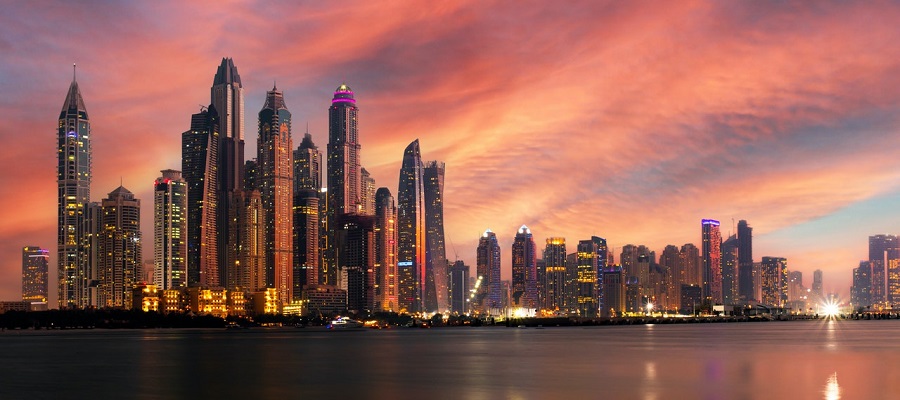Soft rain on order, nipping storms in the bud - time and again, people want to adapt the weather to their needs. But what looks like a blessing is a curse.
Dubai is not known as a haven of fertility. Heat and drought are giving the Gulf state a hard time. The thermometer regularly reaches the 50-degree mark, and an average of 70 liters of rain fall per square meter per year. In Munich, by comparison, it's around 1,000 liters. This summer, experts from the National Center for Meteorology of the United Arab Emirates want to counter the heat with artificial rain. Videos show heavy rain where camels usually roast in the sun.
Playing with the weather
But scientists take a critical view of weather manipulation. For one thing, local and regional consequences are difficult to predict. And on the other hand, it brings the use of weather in conflicts within reach. Putting a storm in the path of an enemy army or cutting off a country's water supply have long been on the military's wish list. Farmers, too, want not only an accurate forecast. They want mild precipitation when crops need water. And dry weather when it comes to harvesting.
Tricks for rain
No wonder that as early as the 19th century there were thoughts of cutting down forests and setting them on fire. From the clouds of smoke, it was believed, it would rain. At the beginning of the 20th century, people tried to make clouds rain with the help of sand. But they were unsuccessful because sand was not the right nucleus for raindrops. Water vapor could not condense here. This was only achieved in 1946 with silver iodide. The chemical was also used in Beijing in 2008.
No cloud was to cloud the staging of the Olympic Games. After all, weather control is not just about producing rain, but also about averting rain or hail. China is at the forefront of this field, with 37,000 people working in its weather modification program. The country is a pioneer in the deliberate control of weather.
But other countries are also working on this. Dubai, for example, which I mentioned earlier. In addition to various chemicals that help create condensation nuclei for raindrops, experts are now also using drones and electrical charges. However, rainmaking there has arguably already backfired: In early 2020, weather manipulation led to flooding.
Welcome to agrar


